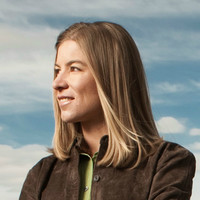The Point of No Return (Part 2)
Did A.Q. Khan sell nuclear secrets on the black market? The fame had unbalanced him. He was subjected to a degree of public acclaim rarely seen in the West—an extreme close to idol worship, which made him hungry for more. Money seems never to have been his obsession, but it did play a role.
















